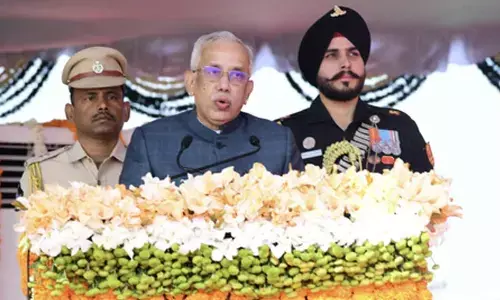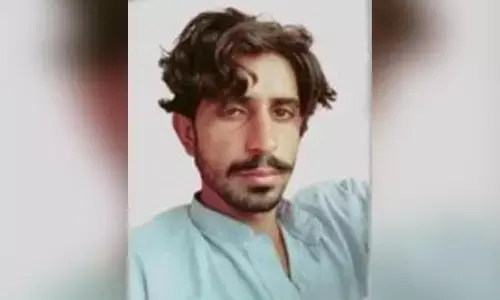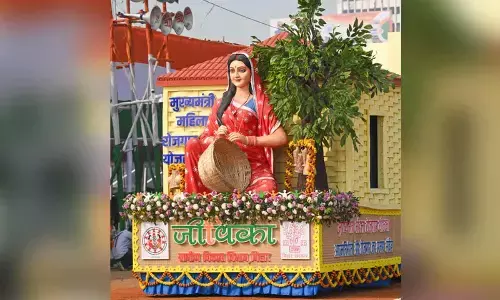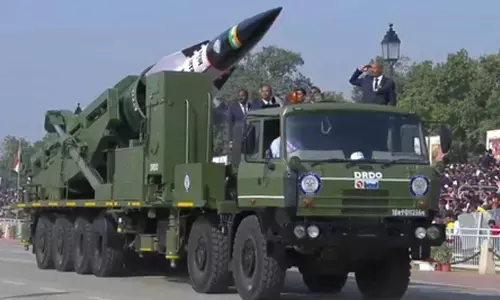Easter bombings: Sri Lanka bans 2 terror groups, including NTJ
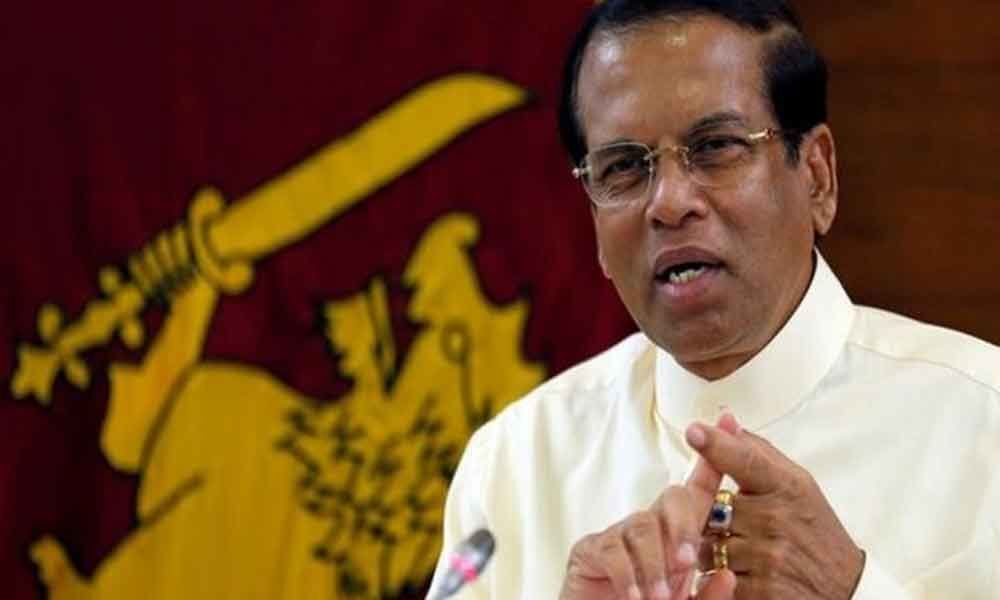
Sirisena took the decision under emergency regulations to ban the National Thowheeth Jama'ath and Jamathei Millathu Ibrahim.
Colombo: President Maithripala Sirisena has banned the activities of two terror groups suspected to be behind the horrific coordinated blasts in Sri Lanka earlier this week that claimed lives of more than 250 people.
Sirisena took the decision under emergency regulations to ban the National Thowheeth Jama'ath (NTJ), and the splinter group Jamathei Millathu Ibrahim (JMI) in Sri Lanka, Colombo Page reported.
"President Maithripala Sirisena, in terms of powers vested in him as the under Emergency Regulations No. 01 of 2019, has taken steps to ban the organizations National Thawheed Jammath (NTJ) and Jamathei Millathu Ibraheem (JMI) in Sri Lanka," the President's Office said in a statement.
"All activities of those organisations as well as their property will be seized by the government," the statement read.
This comes after eight explosions rattled churches and high-end hotels located across the Sri Lankan cities of Colombo, Negombo, Kochchikede and Batticaloa as the Christian community celebrated Easter on April 21. More than 500 people were injured in the serial blasts, claimed responsibility by the Islamic State.
Meanwhile, at least 15 people, including six children, were killed in a shootout between police and alleged militants in eastern Sri Lanka's Kalmunai city on Friday.
Authorities told The New York Times that the wife and one of the children of Zaharan Hashim, the suspected mastermind of the Sunday bombings, had been seriously wounded in the raid and were taken to a hospital.
Though the raid was cordoned off on Friday night, security forces waited until dawn on Saturday to search it because it is in a crowded neighbourhood.
The raids began just hours after President Sirisena promised a house-to-house search of the entire country and a "total reorganisation" of Sri Lanka's security apparatus.
"Every household in the country will be checked," Sirisena said in a statement.
"The lists of permanent residents of every house will be established to ensure no unknown persons could live anywhere," he added.
The Sri Lankan government is under enormous pressure for failing to curtail the massacre despite repeated warnings that attacks on churches were being planned. The country continues to remain on high alert as security forces arrested dozens of others apart from the previous 70, linked to the attacks.









